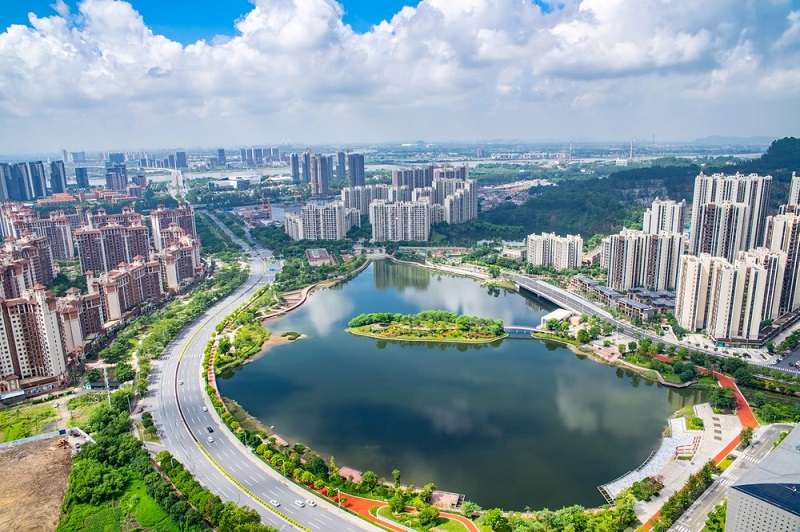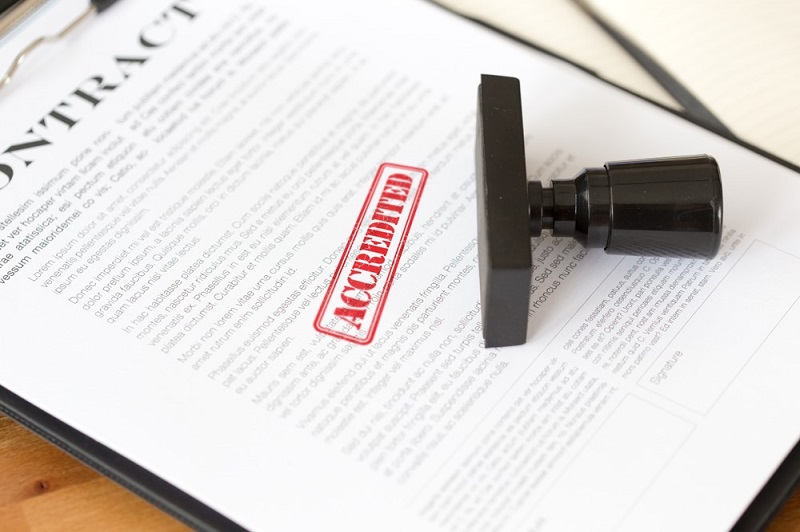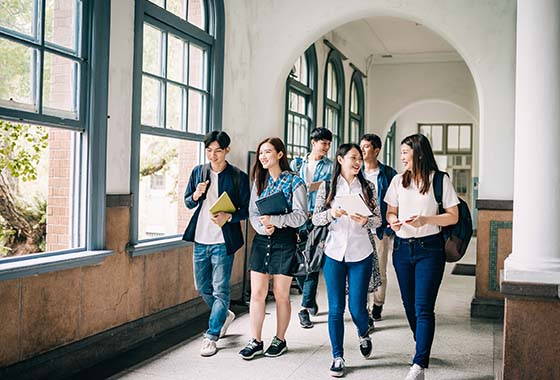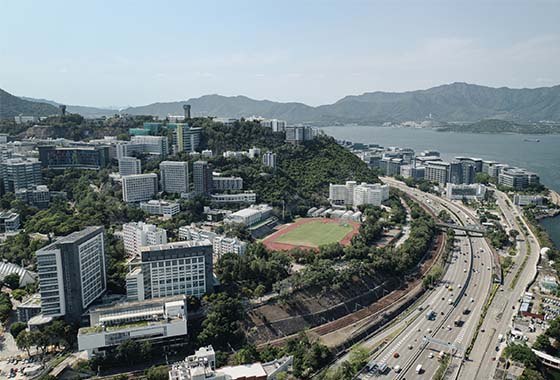Promoting Mutual Recognition of Qualifications in the Greater Bay Area Creating Career Opportunities for Hong Kong Youths
Authors: Victor Kwok, Head of Education and Youth, and Tiffany Kwong, Assistant Researcher at Our Hong Kong Foundation

The Guangzhou-Hong Kong-Macau Greater Bay Area (GBA) has become a key part of China’s national planning since a framework agreement on cooperation in the area was signed in 2017. Then in 2019, the State Council published the GBA’s Outline Development Plan, confirming the strategic importance of the GBA in the nation’s development blueprint. The GBA boasts many advantages: with a population of over 70 million, it has thrived as one of the country’s economic powerhouses; a popular location for Chinese tech firms and international corporations, the area has attracted talents from all over the world; many leading companies in Hong Kong have also established presence in other cities of the GBA. However, few Hong Kong young people are keen to seize the opportunities – surveys have shown that the younger generation are reluctant to move to the GBA for work.
Across the GBA cities, there are inevitable differences in political regime, economic environment, legal system and cultural background. For example, three different currencies are in circulation here and the area is divided into three tariff zones. While such diversity creates a competitive advantage for the region, it can also deter the free movement of talents. One way to break down the barriers is for the Government to introduce more integrated policies for the deployment and migration of talents, to stimulate innovation and development in the GBA and allow our young people to benefit from the process. In January 2021, the Hong Kong Government launched the Greater Bay Area Youth Employment Scheme, which will certainly help young talents take the first step towards a career in the GBA. However, the programme can only act as a one-off incentive. To ensure systematic, regular and sustainable movement of talents across the border, we need a mutual recognition arrangement over academic degrees, professional qualifications and work experience.
The Shenzhen Education Bureau recently announced its plan for 2021, calling for a full alignment of the education and qualification systems in Guangdong, Hong Kong and Macau, in order to generate more opportunities for learning, employment and further studies and to nurture the next generation of talents. The document identified four areas for cooperation in the GBA, advocating for the appointment of professors, the offer of courses, the transfer of credits and the award of diplomas across the border. The policy aims to attract elite students, institutions and academics to settle in the GBA and develop it into the country’s education hub. The document also set out a number of specific measures, including the establishment of 20 community colleges and 20 vocational schools, the introduction of a credit transfer and conversion system, the joint operation of training centers for vocational education, and the accreditation and recruitment of Hong Kong and Macau teachers.

The Qualifications Framework (QF) was adopted in Hong Kong more than 15 years ago. Recognised programmes are grouped into seven levels on a hierarchy of qualifications, which links academic achievement with vocational skills or work experience. This is a well-established system that covers academic and professional qualifications as well as continuing education and vocational training. It inspired the design of the QF in Guangzhou. The affinity between the two cities’ QFs has paved the path for the mutual recognition of qualifications across the border. The Government should push ahead and work out a mechanism to further integrate with the different municipalities in the GBA. Most importantly, it should secure the recognition of professional qualifications gained in Hong Kong by Macau and the Mainland, which can then be converted into equivalent local credentials. This way, professionals can easily transfer from Hong Kong to the GBA without the need to undergo lengthy accreditation processes, which will serve as a powerful incentive. Meanwhile, mutual recognition will raise awareness of Hong Kong’s professional qualifications in the GBA, increasing the likelihood of local companies quoting Hong Kong qualifications in their job descriptions, thereby hiring more Hong Kong people to work in the region.
Faced with the emergence of Industry 4.0 and a knowledge-based economy, Hong Kong’s workforce must continuously upskill to maintain their competitive edge. Therefore, the promotion of the QF and self-enhancement is particularly important. Mutual recognition of qualifications across the GBA will create opportunities for young talents in employment and entrepreneurship, whilst facilitating cooperation among people in the area on the economic, commercial and cultural front. It is a crucial step in realising the long-term objectives of China’s Belt and Road Initiative.



